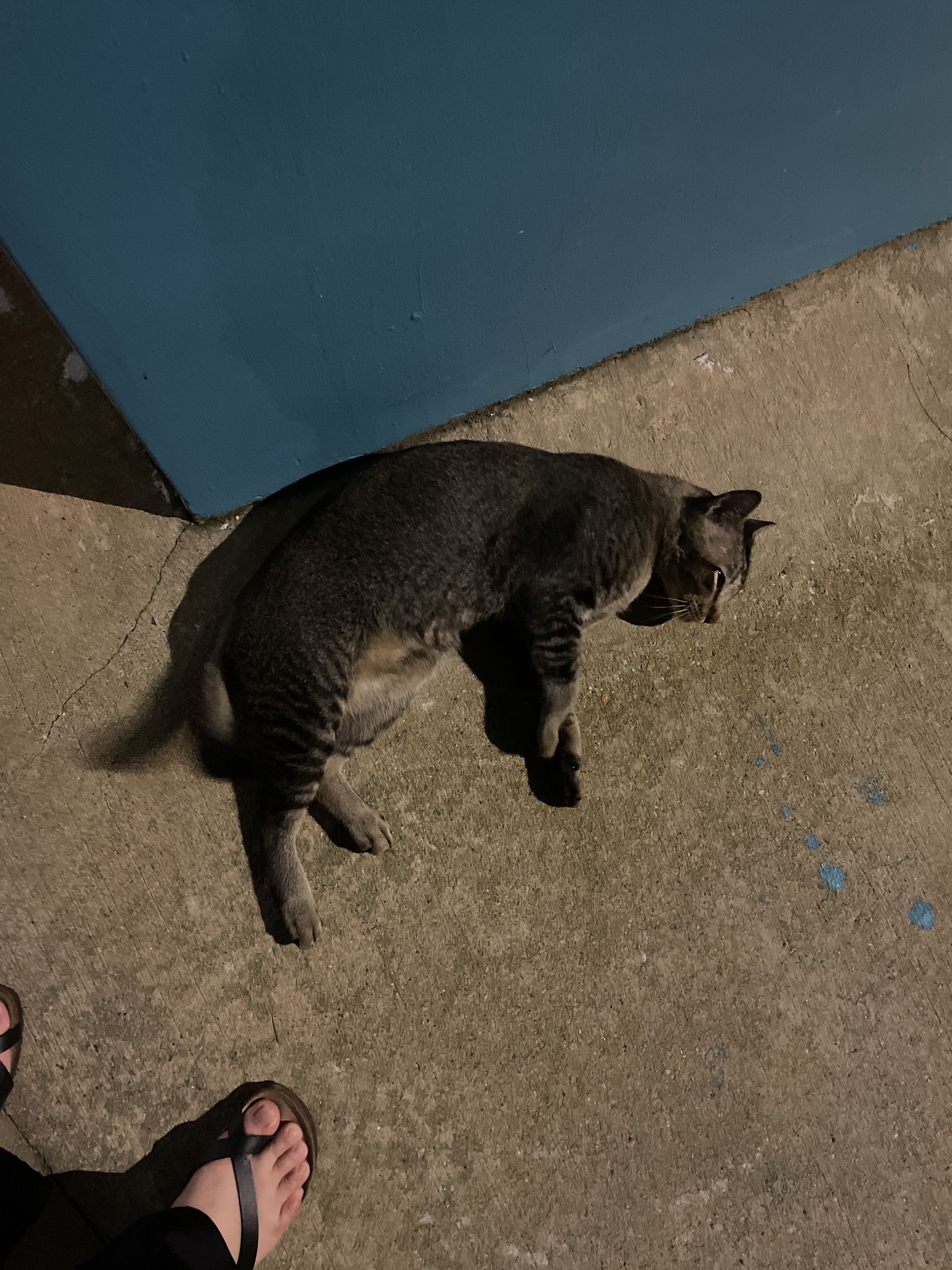Another Saturday hello to one and all! A very warm welcome to new subscribers — this newsletter has been a lifesaver work- and income-wise for me this year and this wouldn't have happened without all the Milo Peng Funders. 🥰
Doubling down on the War on Drugs
Law and Home Affairs Minister K Shanmugam has been popping up here and there to defend Singapore’s capital punishment regime and War on Drugs. At the end of last month he spoke to Malaysian Astro Awani (with the transcript of the interview distributed to Singaporean media outlets after). Last week he spoke to the Sydney Morning Herald — the transcript of this interview was also released and picked up by the local press. And here he is again on a podcast!
The general message: insisting that the death penalty works as a deterrent, that it keeps Singapore safe, that other countries have much bigger problems, and that the majority of Singaporeans support the governmen’t current policy anyway. In the Sydney Morning Herald interview, he does acknowledge that Singapore doesn’t catch drug lords, since they aren’t coming to Singapore themselves: “Now, if I say I don’t catch traffickers and wait for the kingpins, basically my drug policy will be out of the window… Are we only catching the small guys and not the big guys? It’s a non-question because, you know, the big guys don’t come into Singapore for good reasons.”
As an anti-death penalty activist, I can tell you that most of the death row prisoners are ethnic minorities from working class backgrounds who have faced multiple struggles in their life, be it financial challenges or drug use. I’m not saying to absolve them of all responsibility and accountability for their choices, but to point out that there’s a particular profile of people who get hanged in Singapore and they aren’t the ones who are truly profiting from the illicit drug trade. Taking Shanmugam’s comments into consideration, this group of people are exploited as tools twice over: first by the drug syndicates who recruit them to transport drugs, then by Singapore who sentences them to death in service of our drug policy even though we know they aren’t the ones who have real influence over the drug trade.
As I’ve said over and over again, there’s no evidence that the death penalty is effective in deterring drug use or the drug trade. “Tell us a better solution,” Shanmugam said. International drug policy experts and medical practitioners who spend their careers working with people who have drug dependence have been doing just that. You can look up the work of the Global Commission on Drug Policy (and congratulations to Dr Adeeba Kamarulzaman, who spoke on our TJC panel on drug use and policy, for being the first Malaysian to be appointed a commissioner!) and the International Drug Policy Consortium as a place to start. And while Shanmugam often claims that anti-death penalty activists don’t care about “faceless” victims of drugs, I’d just like to take this chance to remind everyone that the Transformative Justice Collective also has a drug policy working group, and that the collective has interviewed people who have been incarcerated for drug use. You can find some of our posts on drug policy here.
I know I’ve written a lot about the death penalty and drug policy this year, given everything that’s happened. If you have thoughts and would like to discuss them, feel free to reply to this email!
Discrimination in the workplace
AWARE collaborated with the consumer research company Milieu Insight on a survey of 1,000 workers. Respondents were asked if they had encountered discrimination (direct or indirect), or discrimination-related harassment in the past five years. They found that 55% had faced at least one form of discrimination. Unsurprisingly (but unacceptably), persons with disabilities, LGBTQ people and ethnic minorities experienced discrimination at a significantly higher rate. But over half of the respondents who had experienced discrimination at work didn’t report; many of them felt that what they’d faced hadn’t been “severe” enough, or didn’t think the authorities would really act on their report.
Got some more…
👷🏾 There were 28 reported workplace fatalities in the first half of this year, which is more than there was in the same period last year. Half of these deaths involved falls from height or vehicular-related incidents.
🏢 Singaporean companies are nervous about US-China geopolitical tensions (paywalled), because many local firms need both the US and Chinese economies to do well. The US is Singapore’s top foreign direct investor, while China is the biggest recipient of trade and overseas investments from Singapore. Business leaders and experts have advised that companies stay neutral and separate business from politics.
What’s happening in the region?
🇵🇭 It was the 50th anniversary of martial law being declared by Ferdinand Marcos this past week. Activists took to the streets, chanting “never forget!” The New York Times interviewed some of those detained under the Marcos dictatorship.

That's all from me this weekend. As usual, feel free to share this issue around and help me get the word out about this newsletter!
